Along Baikal by rail – (probably) the most beautiful route in the WORLD! (PHOTOS)
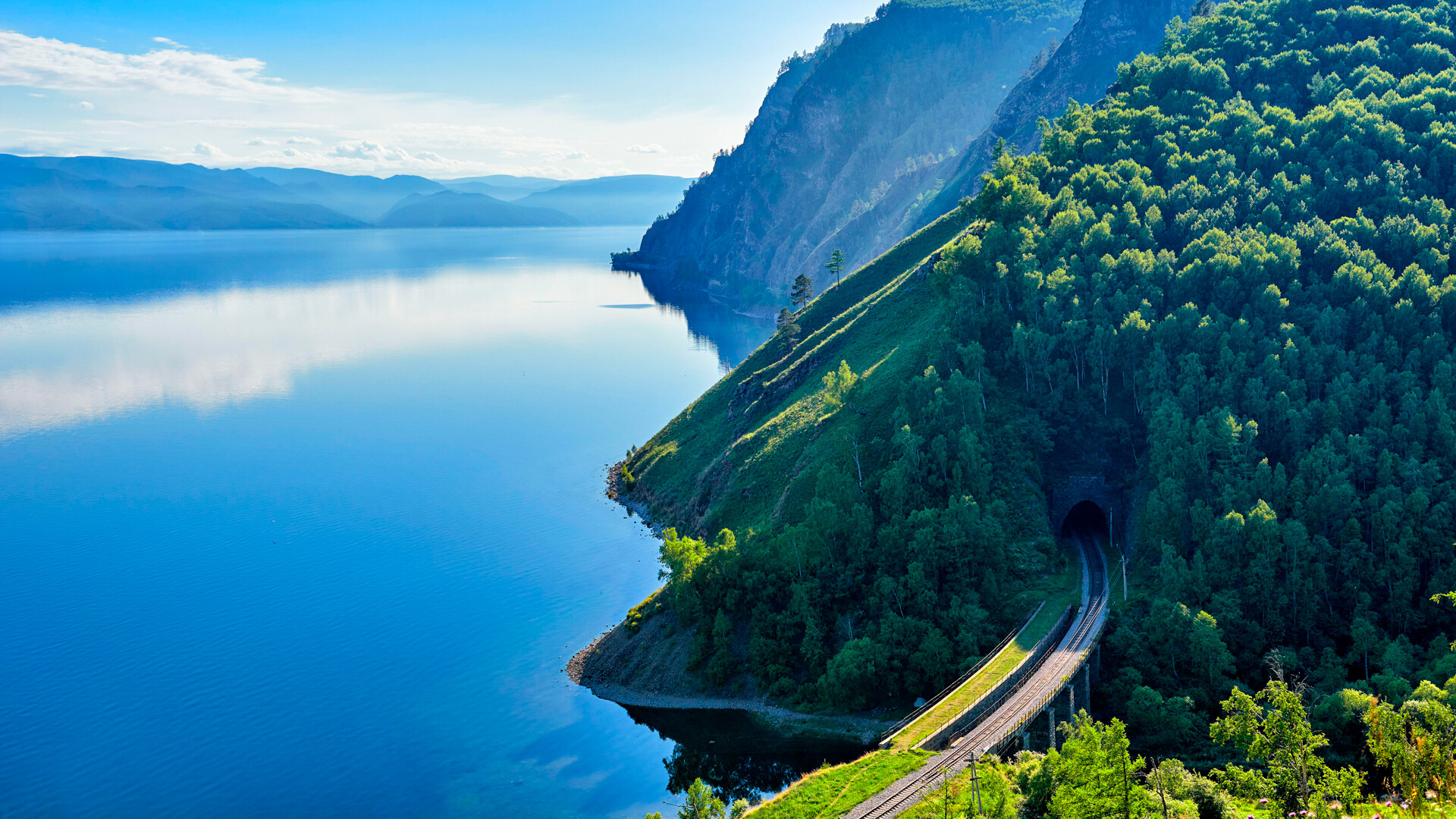
To take a ride along Lake Baikal is a pleasure that you can’t afford to refuse. The Circum-Baikal railway was built in 1904 to connect the western and the eastern parts of the Trans-Siberian Railway. Today, it has become one of the most popular tourist routes of Siberia.
‘The Golden Buckle’
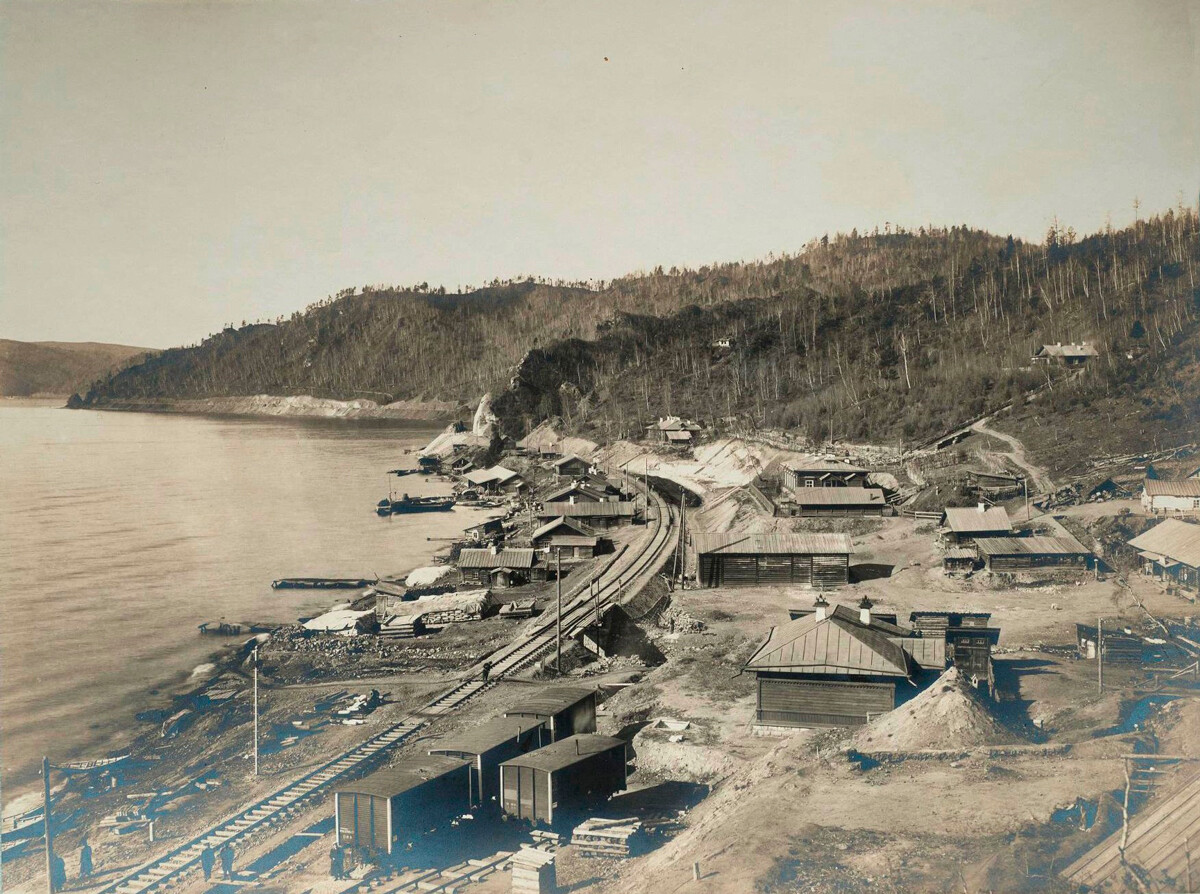 Under construction, 1902-1904.
Under construction, 1902-1904.
In 1891, the construction of the longest railway in the world began – the Trans-Siberian Railway. Just imagine: before that, a trip from one end of the country to the other took a whole year! Of course, Russia simply needed a railway like this and the best and brightest minds of the era were mobilized for its construction. The Trans-Siberian Railway was built in separate sections, which were later connected.
But there was a natural obstacle in the way of the construction – Lake Baikal.
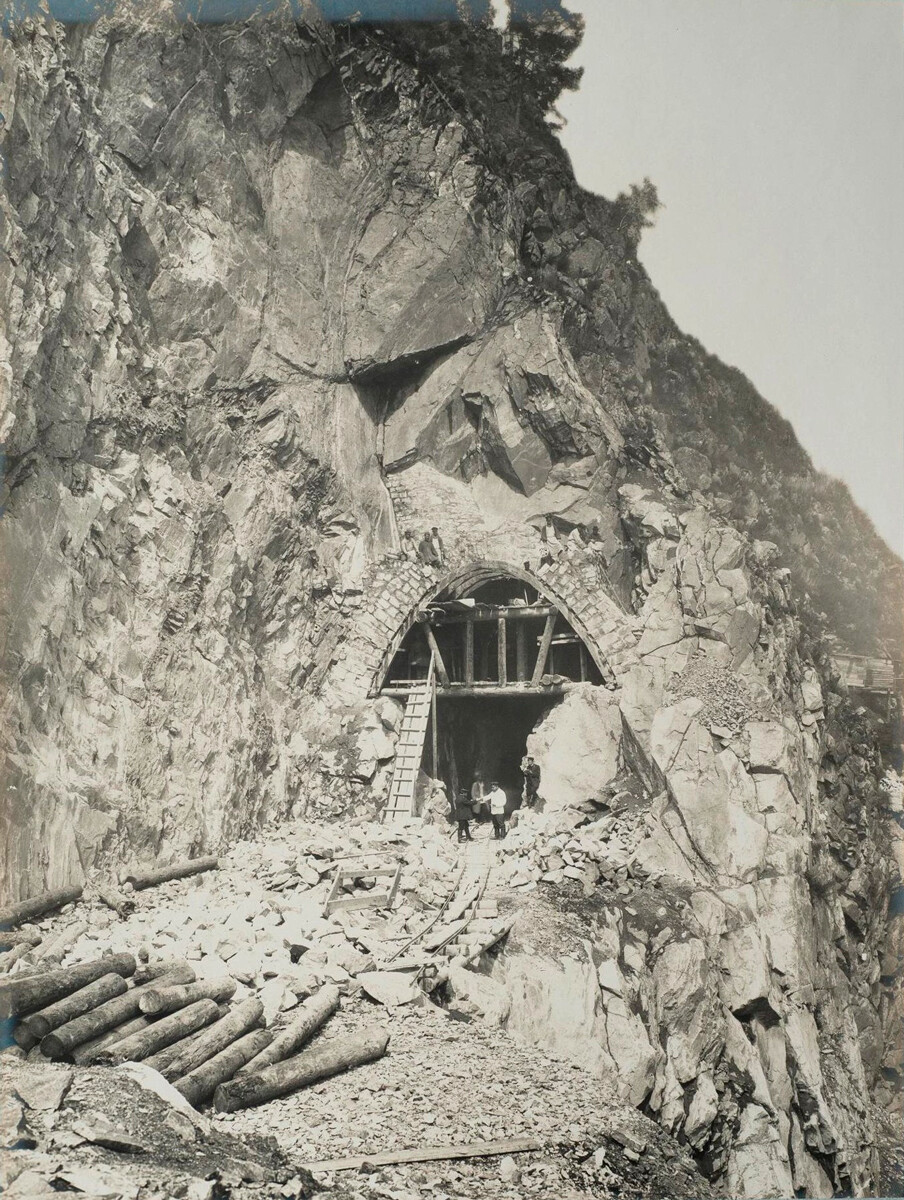 1901-1903.
1901-1903.
At first, the trains were transferred across by an ice-breaker ferry. The way could be shortened only by building a road around. The southern coast of Baikal was selected for such a construction.
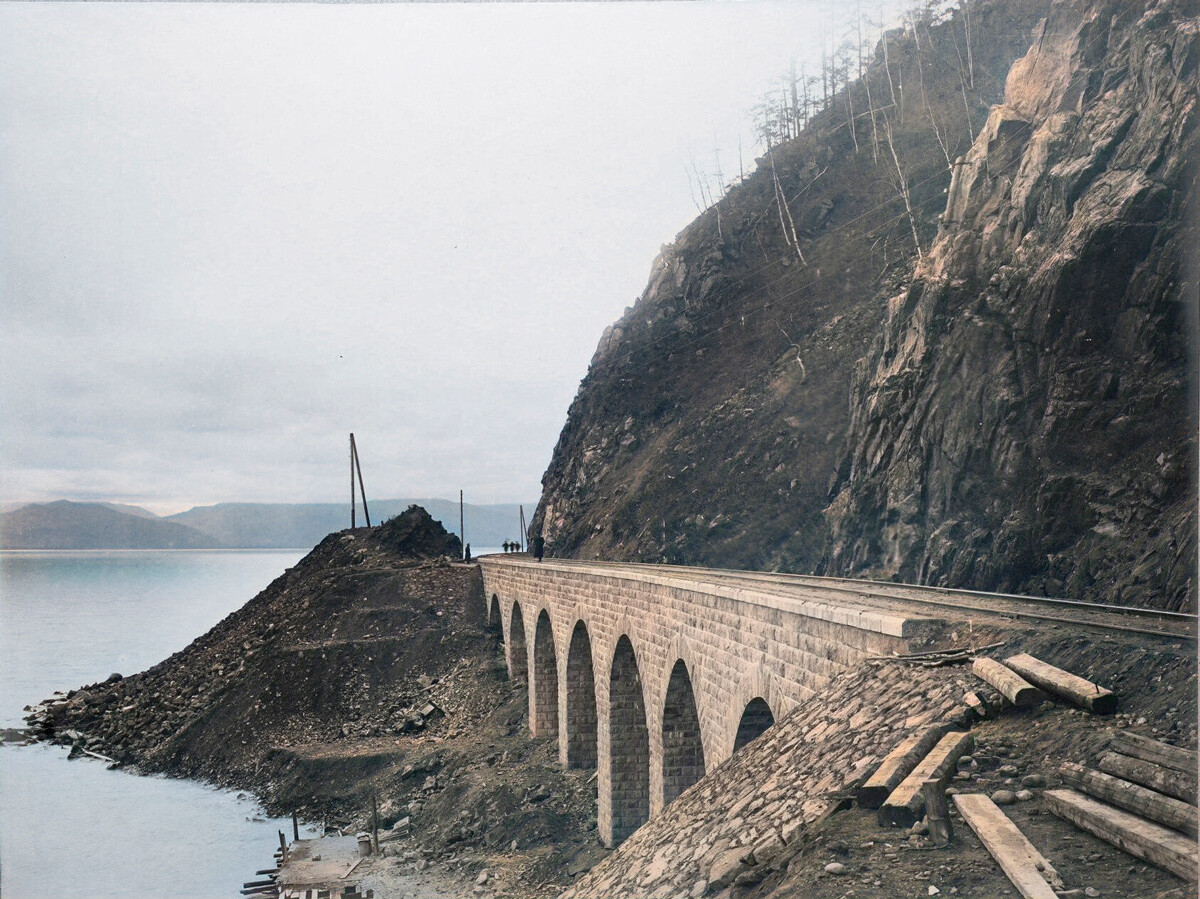 Constructin the bridge, 1902-1904.
Constructin the bridge, 1902-1904.
The terrain of the lake’s coast is very complex and craggy. The project work took more than 10 years. To lay down rail tracks, builders cut a way through the rocks and used explosives. In some places, one can see the marks from the holes where dynamite was put. In the end, forty tunnels, 16 stone galleries, 470 bridges and viaducts had to be built. The overall length of the railway around Baikal, at that moment, amounted to 260 kilometers. The Circum-Baikal railway is often called “the golden buckle of the steel belt of Russia”, since it connected the western and the eastern parts of the Trans-Siberian Railway. And, until the 1950s, it justified its name. However, due to constant avalanches, Soviet engineers had to move the rail tracks further away from the lake’s coastline. In the end, a part of the Circum-Baikal railway was closed, while another part was flooded during the construction of the Irkutsk Hydroelectric Power Station. The Trans-Siberian Railway trains now run on a different line, away from these dangerous areas.
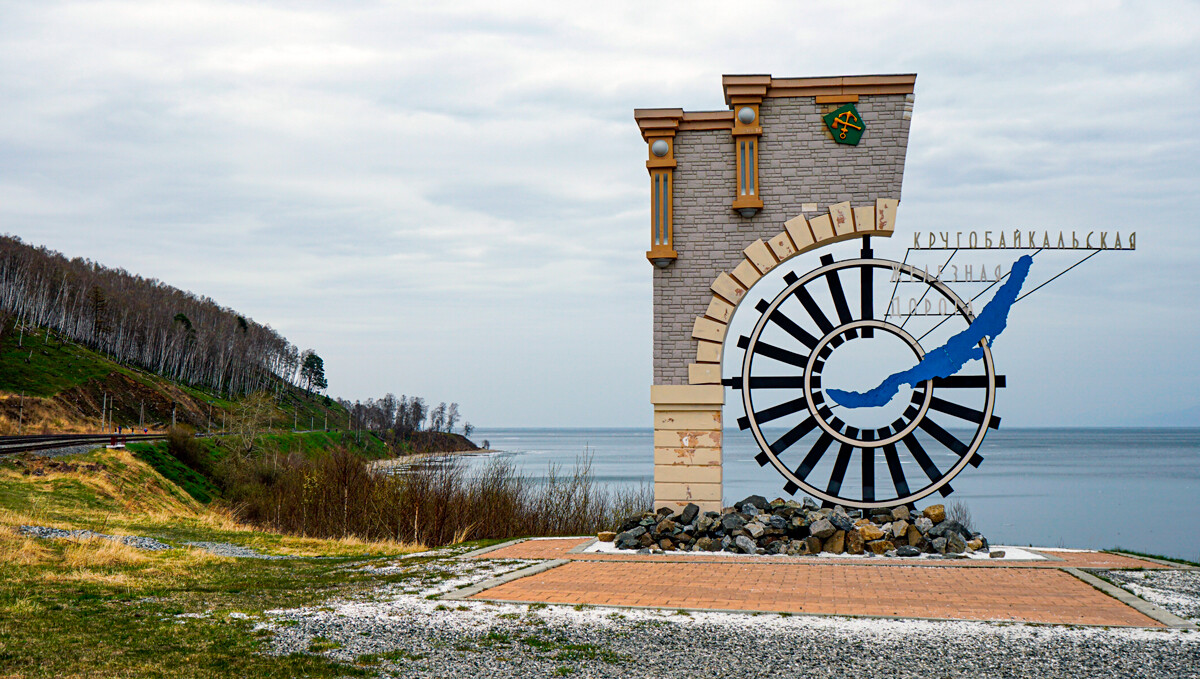
Back in the 1980s, the closed part of the Circum-Baikal railway was taken under state protection, recognizing its architectural value to history. Tourists began flocking there to witness this engineering wonder from 100 years ago with their own eyes. However, the railway tracks could only be restored and the tunnels reinforced in the 2000s. Today, this 89-kilometer-long section is called the Circum-Baikal railway.
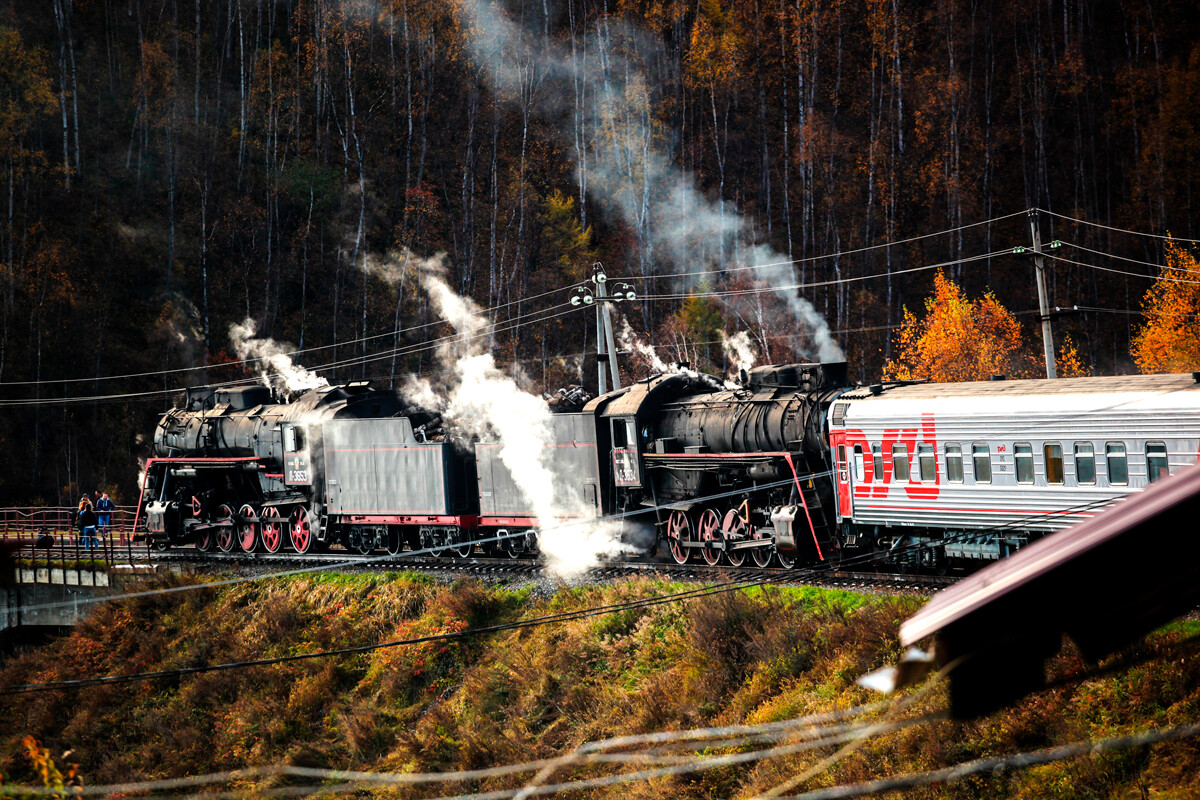
The first tourist steam train was launched on this historical route in 2005. Today, apart from it, you can board a regular electric train that connects remote villages of Baikal with the regional center.
From Slyudyanka to Baikal in five hours
The trip starts at the Slyudyanka I station and ends at the Baikal main station. The simplest way to reach Slyudyanka is by electric train from Irkutsk, the closest large city to Lake Baikal. By the way, the Slydyanka train station building is the only one in the world built entirely out of white marble.
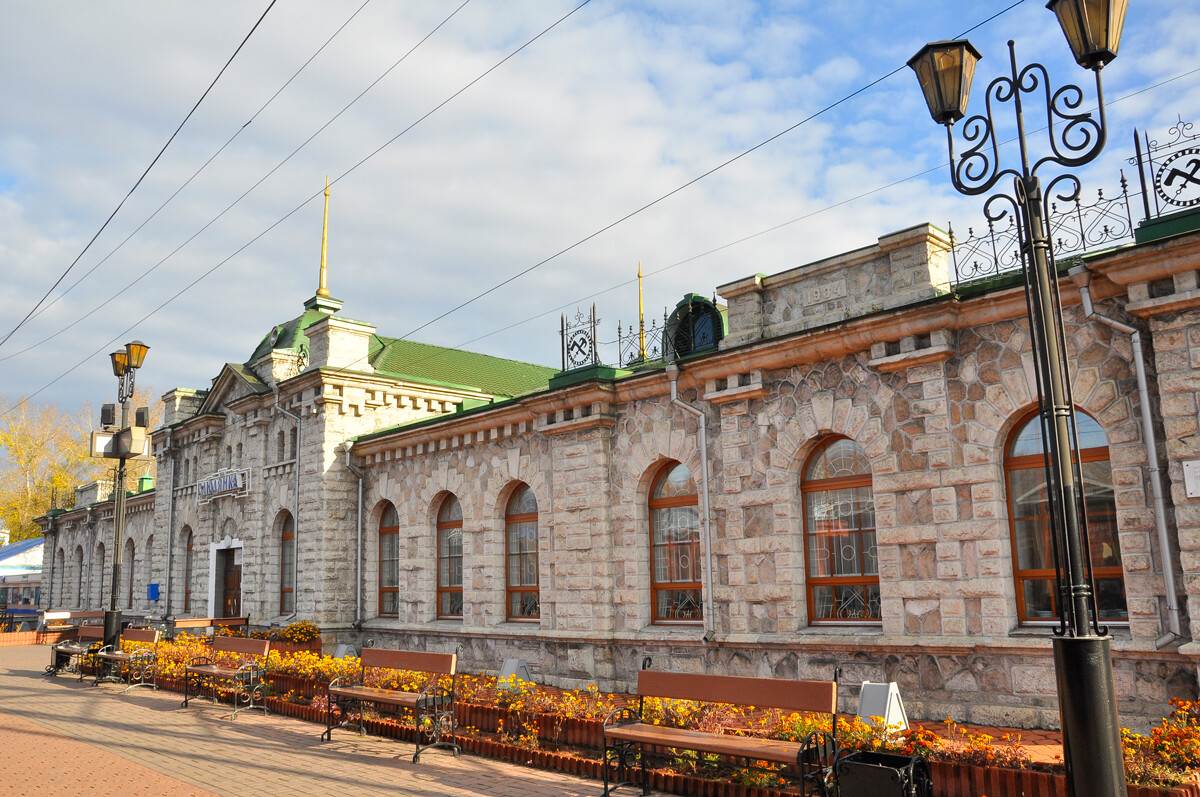
Along the way, you’ll see an astonishing amount of unbelievable structures. One of the first grand arched viaducts is near the village of Staraya Angasolka (the “149 kilometer” stop).
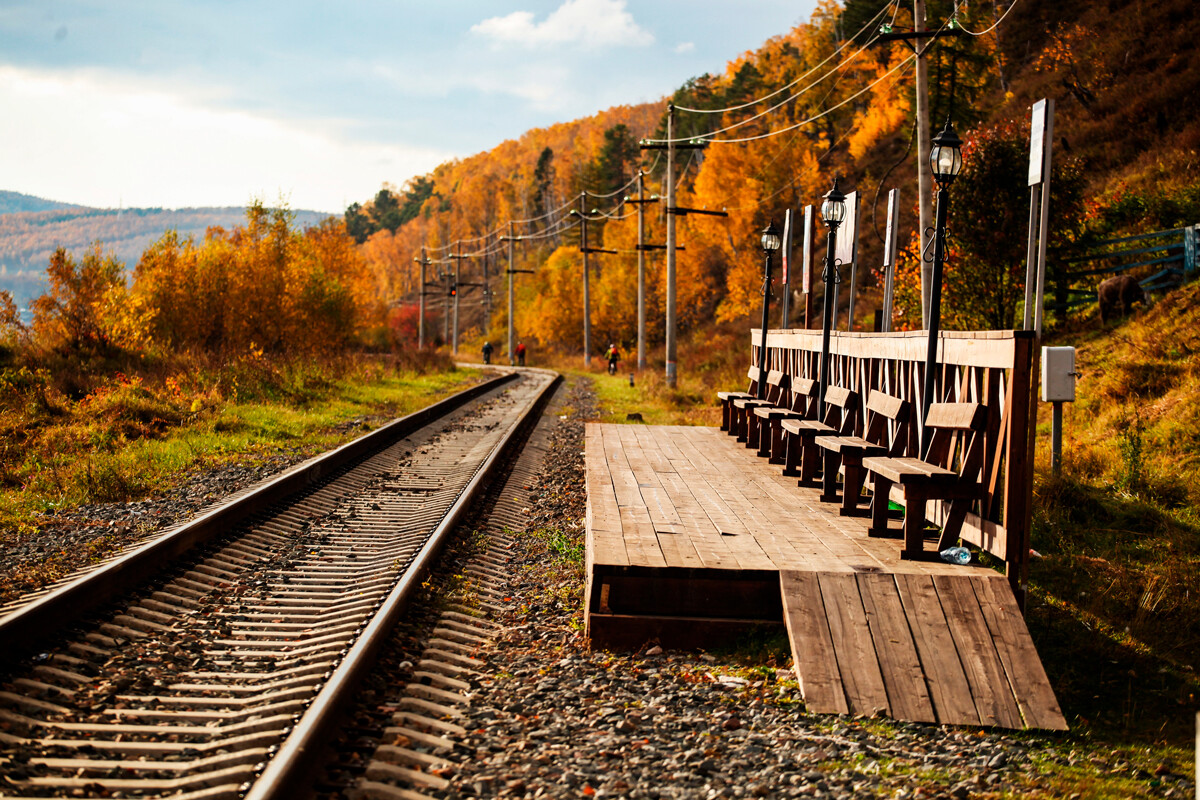 The stop "154 km".
The stop "154 km".
The longest tunnel runs through the Polovinny cape. You can see it at the “110 kilometer” stop. The tunnel is 778 meters long, but, since it’s straight, you’ll definitely see the light at the end of it!

One of the most picturesque stops is called ‘The Italian Wall’, a stone retaining wall in the form of arches reminiscent of the bridges in the Alps. This structure protects the railway from rock falls. In addition, Italian and Prussian specialists really did work on the construction.
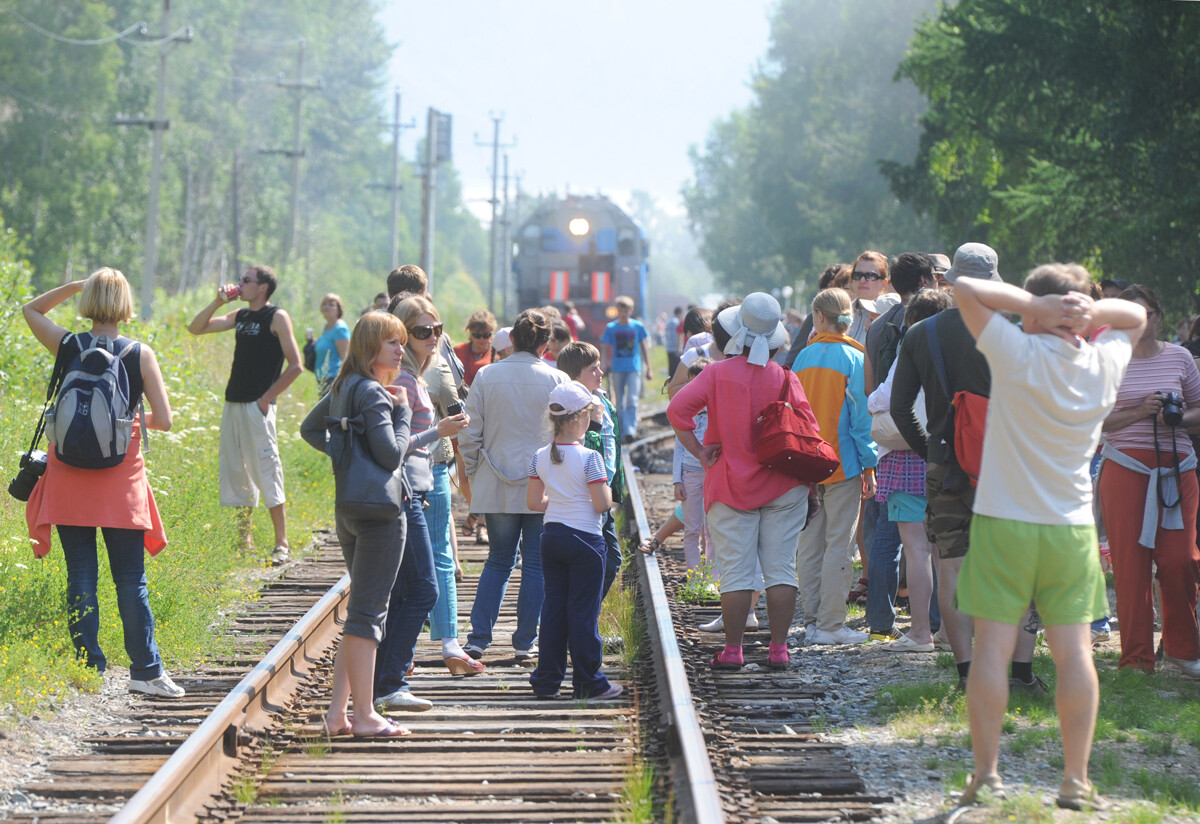
The trip ends at the Port Baikal station. There, you can find the museum of the Circum-Baikal railway and an old lighthouse.
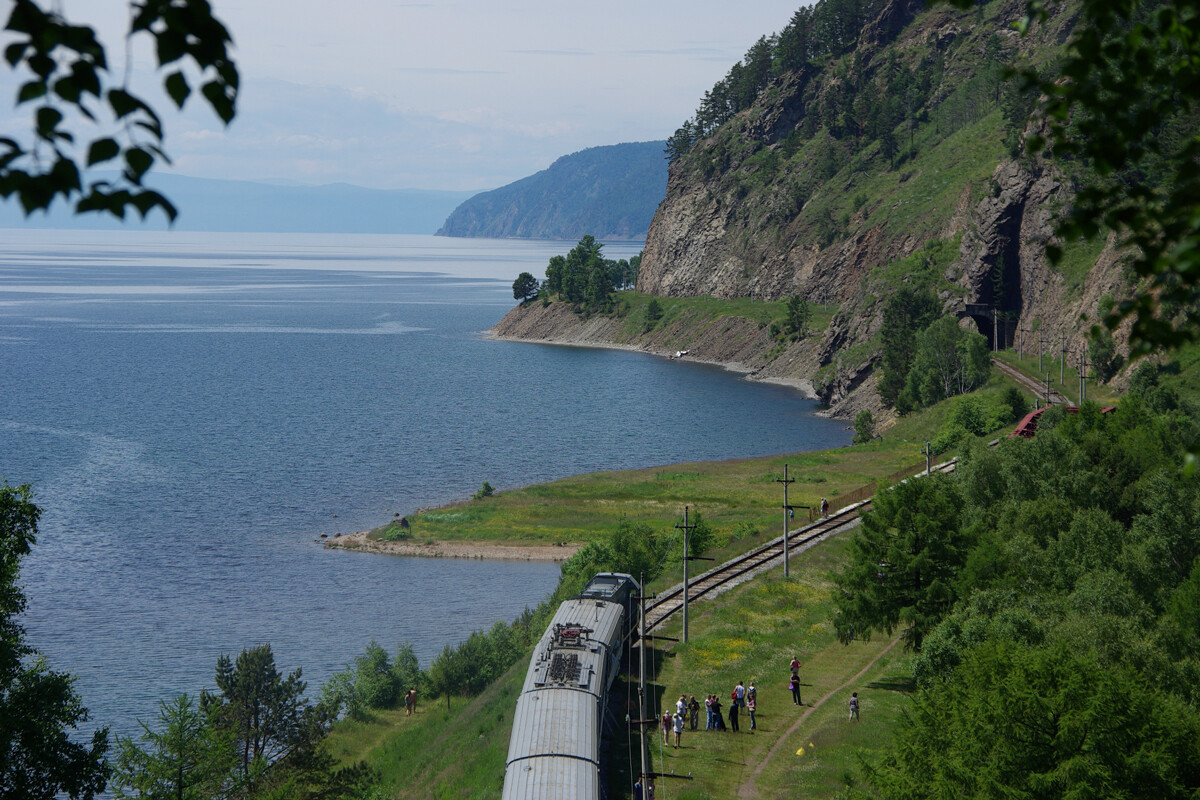
Many tourists transfer from Port Baikal to Listvyanka by water in half an hour, from where they then spend an hour reaching Irkutsk by bus. If you wish to take a closer look at the local landscape, you can disembark from the train and spend a night in one of the villages (“137 kilometer”, “98 kilometer”, and “79 kilometer” stations all have tourist centers).


